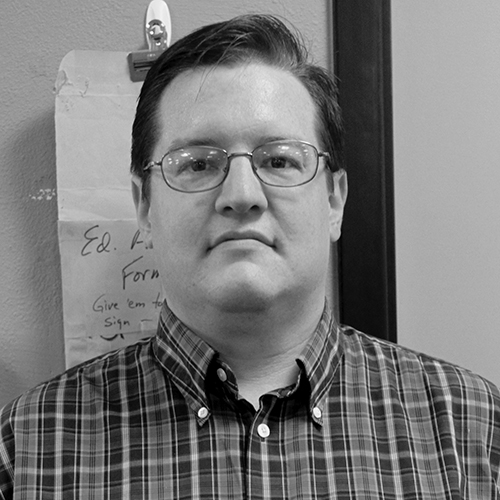The problem of homelessness has been nagging at my mind for the past few weeks. During election cycles we often hear how great our country is, that it’s the “shining city upon a hill.”
Homeless in Portland
The problem of homelessness has been nagging at my mind for the past few weeks. During election cycles we often hear how great our country is, that it’s the “shining city upon a hill.”
But how can we be such a country when we have citizens who don’t have a safe place to sleep at night? When good men, women and children are under constant threat of attack, illness and even death?
Multnomah County had a total of 4,655 people experiencing homelessness last year, according to the Portland/Multnomah County 2011 Point-in-Time Study. Of that number, 2,727 are homeless, while the rest are sleeping in transitional housing; 35 percent are unsheltered families with children; 46 percent are people of color, and 12 percent are U.S. military veterans.
All of these percentages far outpace the ratio of the group when compared to the general populace.
If we as a nation, city and community really want to be better, we can’t allow the problem of homelessness to persist. We must find it in our hearts to do something, and not blame the homeless for their problems because doing so allows us to remain above the issue and uncaring of those affected by it.
One of the most common thoughts regarding homelessness is that the homeless can’t afford rent because they don’t have jobs or sources of income. That is simply untrue. Approximately 10 percent of homeless people were employed in 2011, according to the December 2011 U.S. Conference of Mayors Hunger and Homeless Status Report.
Another prevalent belief about homelessness: that it results from drug addiction. That may certainly be the case for some; there is no denying that drug addicts do stand a higher risk of becoming homeless. Not all addicts are homeless, though, so it cannot fully answer the question.
The other major cause of homelessness is mental illness, which often makes it impossible for affected people to keep a job, or even afford to stay in a home.
Now that we’ve established some basic root causes, we know we can help—certainly we can do more than we are right now. If there is one thing I believe in, it’s that we can always do better.
Though many regard homeless people as a blight on our community, we need to recognize that we’re often not that far away from being homeless ourselves. It’s simply not enough to give money to the guy sitting on the corner, or to one of the many supportive charities—in order to eradicate homelessness in our community, we have to do more.
Many of us at Portland State exemplify the poor, starving college student stereotype, but that doesn’t preclude us from helping out: We can give our time and ourselves. It takes a little courage to get out and volunteer, but the rewards far outweigh the risks. We can also lend our voices.
We can build a movement that demands our elected representatives do more than they are currently doing. When we get involved, we can set in force an unstoppable momentum. It will require time and energy. It will be hard; we’ll want to quit, but if we truly want to become the “shining city upon a hill,” we must work and sacrifice.
We can’t give up or allow ourselves to be persuaded that homelessness is someone else’s problem.
We have to make it our problem.
Theodore Roosevelt once said: “Far better is it to dare mighty things, to win glorious triumphs, even though checkered by failure…than to rank with those poor spirits who neither enjoy nor suffer much, because they live in a gray twilight that knows not victory nor defeat.”







Yes, I often think about this problem as well. I remember the occupy movement being over run with homeless folk in Eugene because there was food and shelter and nobody going around asking if they had accepted Jesus as their savior. There has to be better options for folks but I have yet to find it. Getting help always seems so complicated and full of bureaucracy. A lot of homeless folk lack the necessary documents etc.etc…what to do??
It would be beneficial to know some of the tactful ways to approach a homeless person without being offensive insulting or condescending. I know that it is getting colder out and although I may not have money to support a person in a shelter or support a person with a hot meal ticket, I may have an extra pair of gloves in my pocket that would be of better use to them. I pray I will never have to experience being homeless, but if I did I would hope that in my strife I would meet friendly faces that do not judge my situation or begrudge me my decency. Please post helpful hints in this matter, Thank you.
Swon,
I often have pondered this question myself. I think that the best way to help another is to engage them in a conversation and be open to their needs. There may be little that one can do to help someone, but often simply talking can play a major part. If you have a spare pair of gloves in your pack and the person you are talking to really needs them, by all means, do what you feel is best. It is all too easy to give help that is actually not helpful at all. i would say try to discover the persons needs and then do your best to meet that need.
If you are uncomfortable approaching and talking with homeless people, Portland Homeless Families Solution maintains a list of supplies that they need here: http://pdxhfs.org/donate/wishlist/
I hope this was helpful to you.